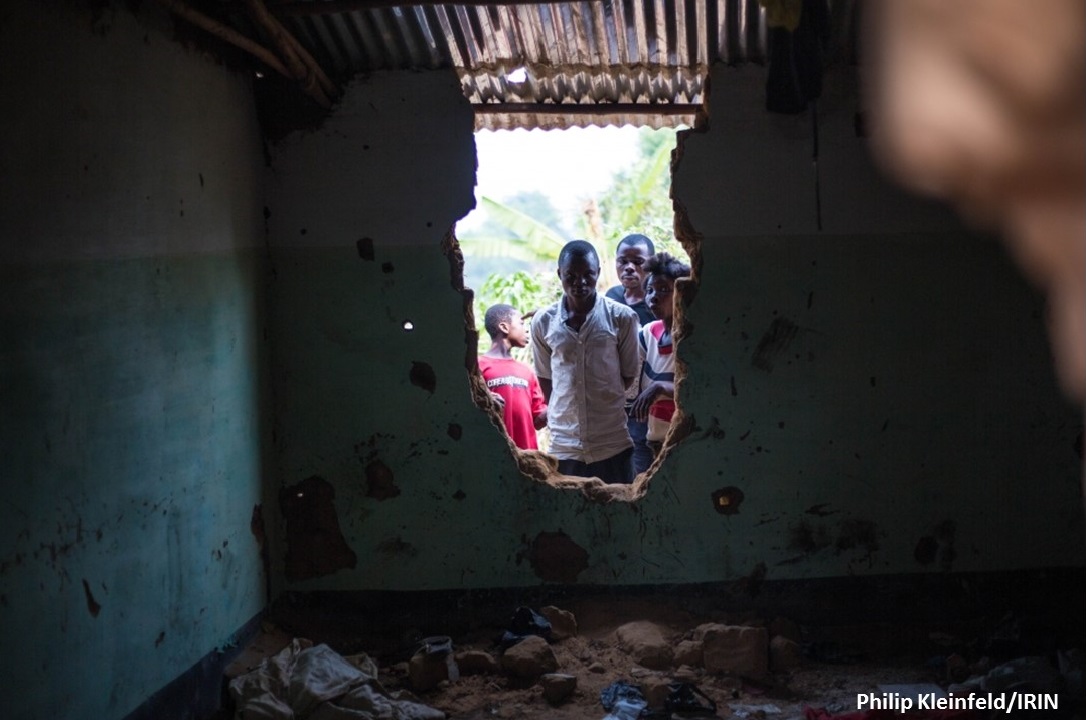
Roundtable discussion on “Universal Jurisdiction: Bridging the Accountability Gap and Providing Justice to Victims”
TRIAL International, REDRESS and FIDH, with the support of the Grotius Centre and Asser Instituut, cordially invite you to a roundtable discussion on “Universal Jurisdiction: Bridging the Accountability Gap and Providing Justice to Victims”
19 March, 5pm – 6.30pm
Grotius Centre, Leiden University (The Hague Campus)
Turfmarkt 99, 2511 DP
RSVP: [email protected]
This discussion follows the launch of the 2018 Annual Report on Universal Jurisdiction #UJAR: Make way for Justice #4 Momentum towards accountability, published annually by FIDH (The International Federation for Human Rights), TRIAL International, REDRESS, the European Centre for Constitutional and Human Rights and FIBGAR.
The report highlights how universal jurisdiction is increasingly used all around the world to ensure accountability and justice for victims of serious international crimes such as torture, war crimes, genocide and crimes against humanity. In 2017, national authorities in Europe, Africa and Latin America examined 58 cases involving 126 individuals and entities suspected of such crimes, illustrating how universal jurisdiction can fill an accountability gap that international courts and tribunals cannot address alone.
To overcome gaps in accountability for international crimes, a wide number of States have set up specialized war crimes units (WCU). The Netherlands has established a specialised war crimes unit within police and prosecution services that examines international crimes cases. The Netherlands is also host to the EU Genocide Network, the world’s only platform for practitioners to exchange information and share best practices in investigating and prosecuting serious international crimes.
The panel will feature Mr Matevz Pezdirc, Head of the EU Genocide Network, on the key role of cooperation in fighting impunity; Ms Nicole Vogelenzang, lead prosecutor in the War Crimes Unit of the Dutch Prosecution Services, on lessons learned in prosecuting these crimes; Ms Amal Nassar (FIDH) and Mr Bénédict de Moerloose (TRIAL), on experiences in working with victims for whom universal jurisdiction is often the only hope for justice in France and Switzerland, respectively. Today, it is particularly relevant to Syrian victims, whose only hope of justice is via national courts in third countries.
The event aims at raising the profile of universal jurisdiction and seeks to bring together key stakeholders in The Hague, including in particular diplomats, representatives from the ICC and MICT, academia and civil society as well as the media.
For questions about the event, please contact Amal Nassar at [email protected] or Lorraine Smith van Lin at [email protected].
Programme
17:00-17:05 Opening Remarks: [Representative of the Grotius Centre]
17:05-17:45 Panel Discussion: Moderator- Lorraine Smith van Lin, Redress
Panelists:
Ms Nicole Vogelenzang, Lead Prosecutor, War Crimes Unit, Dutch Prosecution Services: Successfully prosecuting international crimes committed abroad.
Mr Matevz Pezdirc, The EU Genocide Network: The EU Genocide Network, a vital platform for collaboration and cooperation
Bénédict de Moerloose, Trial International: Experiences in filing complaints on behalf of victims of international crimes in Switzerland and France
Ms Amal Nassar, FIDH: Experiences in filing complaints on behalf of victims of international crimes in France
17:45 – 18:30 Discussion / Q&A
